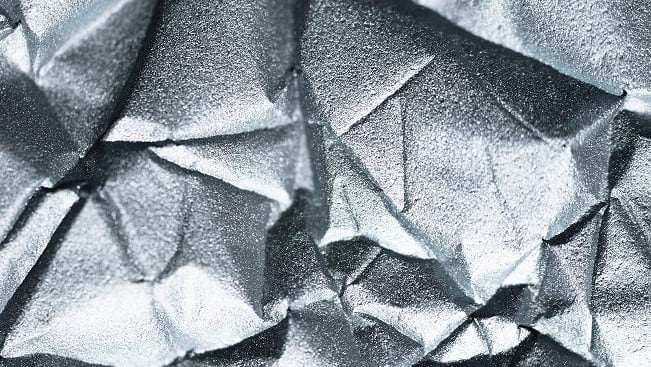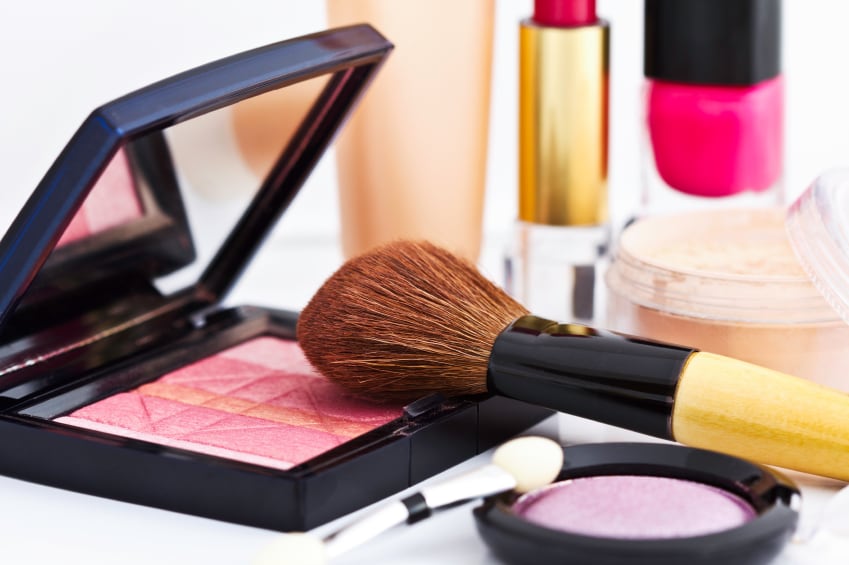We spoke with Fanny Frémont, Executive Director of Responsible Mica Initiative, to shine a light on the complicated conundrum of sourcing mica ethically.
A prevalent problem
In 2016, Terre des Hommes Netherlands and Stichting Onderzoek Multinationale Ondernemingen (SOMO), conducted research on child-labour for mica along the border between Jharkhand and Bihar in Northeast India.
It is estimated that 25% of the world production of mica is sourced from these illegal mines. According to the NGOs, the beauty industry makes up 18% of the mica market. The electronic industry has a 26% share while the paint has 24%.
Regardless of share, all these industries have the equal responsibility to take action, said Frémont.
“Bringing the mica activities in a clear legal framework would facilitate the organisation of the sector, facilitate traceability and implementation of good practices at a local level,” she said.
“Above all, it would advance our objectives of eliminating child-labour in mica mining activities and of empowering local communities.”
Synthetic the solution?
In 2014, Lush Cosmetics made a decision to remove natural mica from our supply chain, citing that it was “no longer able to guarantee transparency in the supply chain”. In place of natural mica, Lush Cosmetics has switched to synthetic mica.
The company’s position was that synthetic mica is environmentally friendly even though it is synthesised in the laboratory. “Even though it is synthesized in a lab, it is constructed of natural minerals, so you don’t end up with the problem of microplastics which can end up in the oceans and water supplies,” said Lush creative buyer Gabbi Loedolff on a statement the company published on its website.
According to Lush’s statement, it chose not to join the Responsible Mica Initiative as they didn’t feel like it could make the difference it wanted.
“While Lush supports the association’s objectives… We didn’t feel that we could actually have the impact that we wanted to have, so that informed our decision to move to synthetic mica,” said the company.
While this may seem like a win-win situation, Frémont said that this solution can come with its own set of problems.
“Collecting natural mica is often the only source of revenue and of livelihood for the local communities,” she said. “Companies should refrain from turning their back on natural mica and leave a high-risk situation and should rather choose to use their leverage to improve local situation.”
Honest communication
Frémont added that the Responsible Mica Initiative is hoping that companies will take concrete action towards improving the situation in Northeast India. “Engaging immediately and going step-by-step towards sustainability along with its peers is already a great commitment.”
The long journey of addressing these issue also involved open communication with consumers.
In order to spread awareness about the issue and inform consumers of the importance of ethically sourced mica, Frémont said companies needed engage in “humble and transparent” dialogue with them.
To learn more about mica sourcing, join Shiseido, a Responsible Mica Initiative member, at the Asia-Pacific edition of the Sustainable Cosmetics Summit, hosted in Hong Kong from November 12 to 13.





